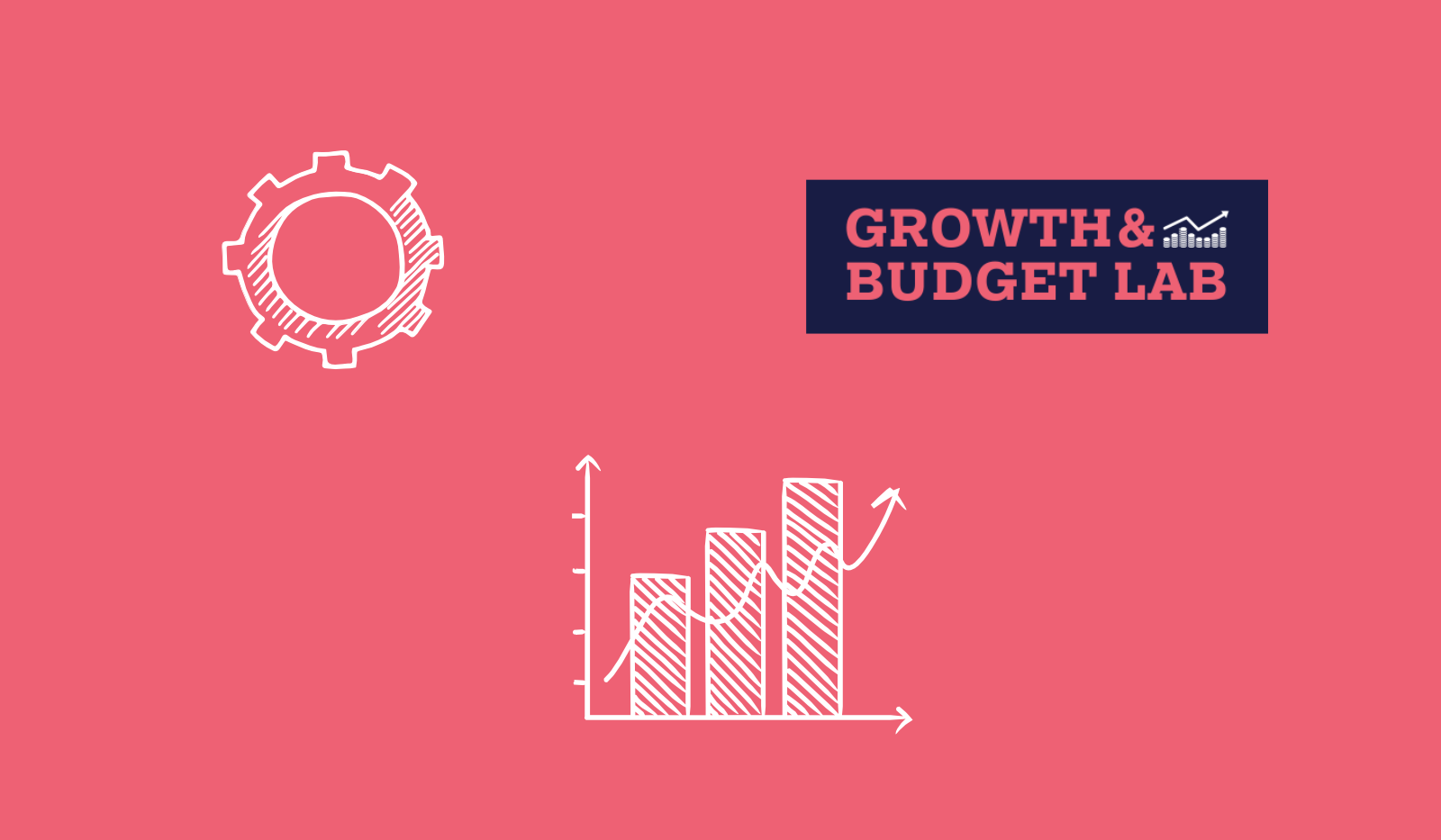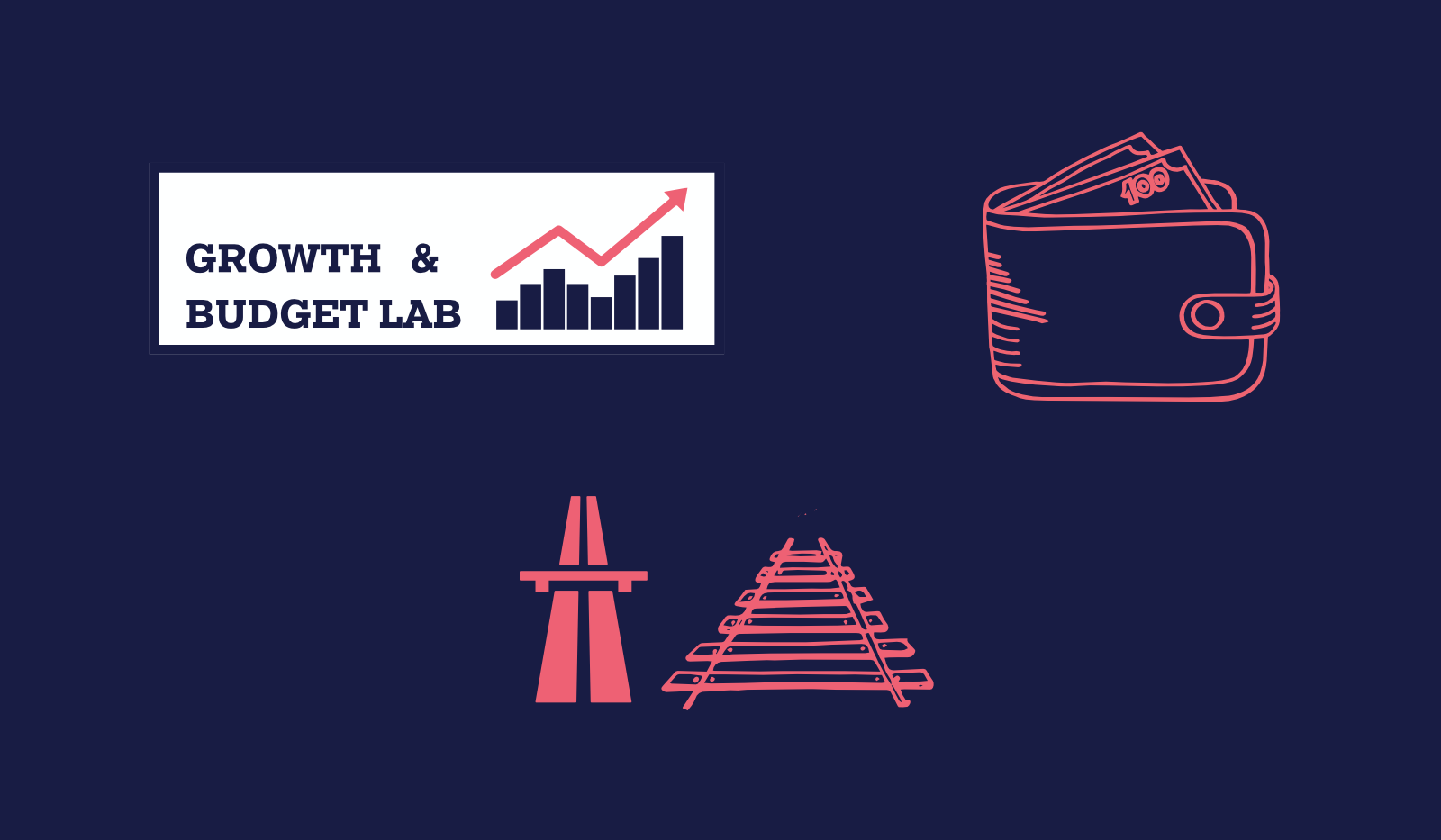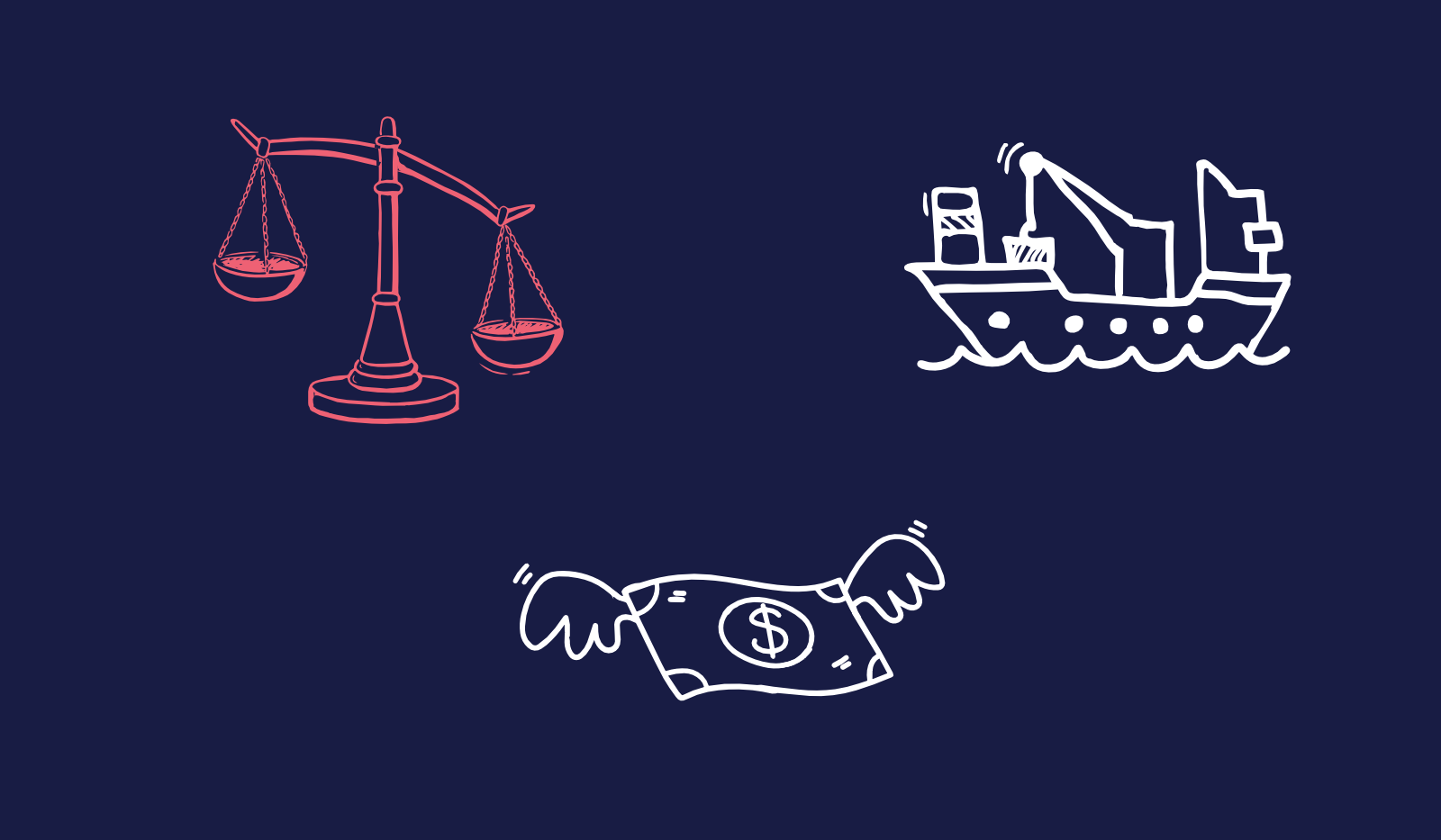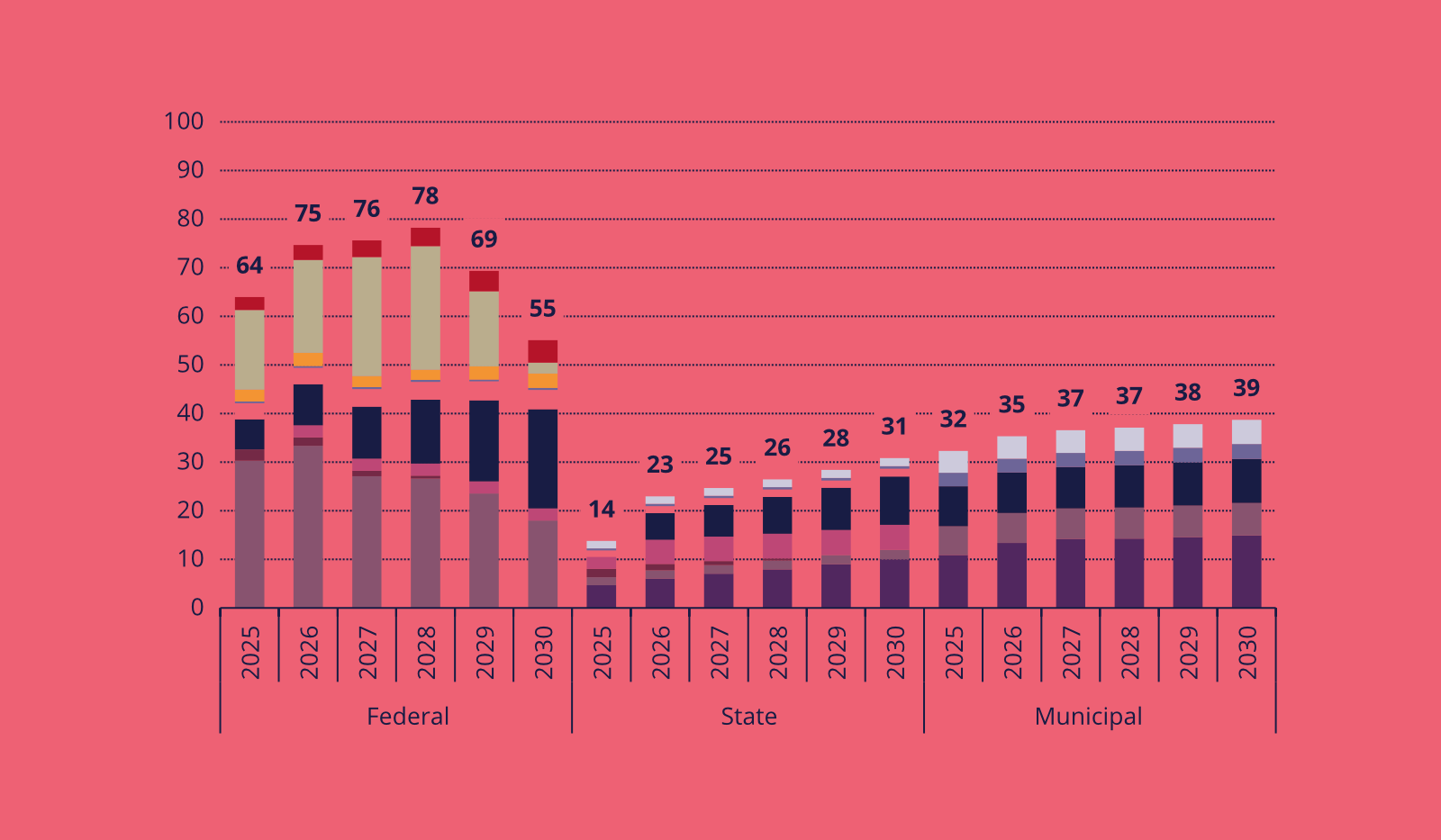Julia Propp
Julia is head of operations in theDezernat Zukunft. She is responsible for HR, finance, transparency, events and the office management. She previously worked as a senior project manager at the Robert Bosch Stiftung and a consultant at PHINEO gAG. She studied Economics and Management Sciences at Humboldt University and UC Berkeley. 
Dezernat Veröffentlichungen

Euro als Leitwährung? Ja, aber …

Kaffee, Klima, Preise

Sanierungskostendeckel

Lebensqualitätsminimum: Was Menschen zum Leben brauchen

Haushalt 2025 – Auf halber Strecke zu tragfähiger Finanzierung von Schiene und Straße
Autorin Nora Brand (EN)

Booster für die Konjunktur, aber die Krux bleibt der Arbeitsmarkt

Bundeshaushalt 2025: Investitionsbooster, aber künftig wird es eng

Stromsubvention als Konjunkturpolitik?

Gegen Inflation: langfristiger denken, breiter koordinieren
Autorin Franzisca Wulfert (EN)

Stromnetzausbau: Kapital mobilisieren, Netzentgelte reduzieren

Diese drei Hürden stehen der Verkehrswende auf der Schiene im Weg

Teures Labyrinth – Die skurrile Welt der Schienenfinanzierung

Entgleist

Julia Propp
Julia is head of operations in theDezernat Zukunft. She is responsible for HR, finance, transparency, events and the office management. She previously worked as a senior project manager at the Robert Bosch Stiftung and a consultant at PHINEO gAG. She studied Economics and Management Sciences at Humboldt University and UC Berkeley. Dezernat Veröffentlichungen

Euro als Leitwährung? Ja, aber …

Kaffee, Klima, Preise

Wo Handelskriege Europas Wirtschaft treffen

First Lessons from the Dezernat Zukunft Supply Side Monitor

Überraschung: Neue Schuldenregel beschlossen – BMF bestätigt intern

Haben wir die Kapas?

Von Schmerz-, Stabilitäts- und Wachstumszinsen

Eine ökonomisch sinnvolle Schuldenregel

Blinder Fleck Finanzen – eine Nachlese des TV-Duells

Ein Jahr im Zeichen der Finanzpolitik

A controversial investment

Beyond Maastricht

Deutschland braucht neue Schulden – und kann sie sich leisten

Public financing needs for the modernisation of Germany (Summary)

Tod durch Schuldenbremse
Weitere Veröffentlichungen
A. Peer-reviewed
“TINA and the market turn: why deindustrialization proceeded under democratic capitalism but not state socialism” Critical Historical Studies 8 (2), Fall 2021, 209-237.
“Changing accounts of the relationship between capitalism and democracy: from incompatibility to partnership, and back?” History of Political Thought 43 (1), Spring 2022, 161-198.
“From demonstration to deployment: an economic analysis of support policies for carbon capture and storage” mit Wolf Heidug, John Ward, and Robin Smale, Energy Policy Vol 60 (2013) (Pdf).
“Self-interested Low-carbon Growth in Brazil, China, and India” mit John Ward, Cameron Hepburn, David Anthoff, Simon Baptist, Philip Gradwell, and Chris Hope, Global Journal of Emerging Market Economies Vol 4 No 3 (2012) (Pdf).
B. Buchkapitel und Fachveröffentlichungen
“Planifier pour répondre à l’incertitude”, Buchkapitel in Politiques de l’interrègne. Chine, pandémie, climat. Paris: Gallimard, 24.3.2022.
“Die Definition einer zukunftsfähigen Finanzpolitik”, mit Philippa Sigl-Glöckner, Wirtschaftsdienst, 101. Jahrgang, Heft 7, July 2021. PDF verfügbar hier.
“Sustainable investments and sustainable development: an epistemological one-way street”, Report für die Royal Academy of Belgium, April 2021.
C. Aufsätze und Rezensionen
“No Alternative?”, Review und Gedanken zu Fritz Bartel’s The Triumph of Broken Promises, Harvard University Press, 2022. Veröffentlicht auf Phenomenal World, 25.3.2023.
“Eine widersprüchliche Bilanz: Das brüchige Erbe der Ära Merkel”, Theorie und Praxis der Sozialen Arbeit, 73. Jg. H. 2, Mai 2022.
“The Whole Field: Markets, planning, and coordinating the green transformation”, Phenomenal World, 30.4.2022. Auf Deutsch erschienen bei Politik & Ökonomie als “Aus dem Nie, ein Jetzt: Zur Planung und Umsetzung der Nachhaltigkeitswende”, 20.11.2022.
“The dog that didn’t bark: inflation and power in the contemporary capitalist state”, Renewal, Vol 28 No 1. April 2020.
“‘Just do it’: The Economics of Belonging and the temptation of Nike Politics”, eine Review über Martin Sandbu’s The Economics of Belonging, Princeton University Press, 2020, The Progressive Post, 23.01.2021. Veröffentlicht bei The Progressive Post, 23.01.2021.
“Onwards, but not via Beijing: for a democratic re-embedding of capitalism”, mit Mathis Richtmann. Zweiter Preis im 2020 Essay-Wettbewerbs der Hertie-Stiftung. Auf Deutsch erschienen in der Wirtschaftswoche als “Lasst uns die demokratische Kontrolle über die Marktwirtschaft wiedererlangen!”, 12.10.2020.
D. Presse und sonstiges
"Demokratie und Klimawandel: Alles wird sich ändern”, mit Georg Diez, Die ZEIT, 3.7.2023
“Decarbonization requires new fiscal rules”, mit Philippa Sigl-Glöckner und Janek Steitz, Project Syndicate, 25.4.2023
“Wann sind öffentliche Finanzen (rechtlich) gesund?”, mit Philipp Orphal, Makronom, 28.11.2022.
“How the West Enabled War in Ukraine”, Project Syndicate, 28.3.2022.
“Haushaltshoheit und Schuldenbremse: Warum die Konjunkturkomponente reformiert werden sollte”, Verfassungsblog, mit Philippa Sigl-Glöckner, 9.11.2021.
"Die Wirtschaftsstrategie der Ära Merkel ist gescheitert”, Jacobin, 2.11.2021.
“Die volkswirtschaftliche Wurstfabrik hinter der Schuldenbremse”, mit Florian Schuster und Philippa Sigl-Glöckner, Frankfurter Allgemeine Zeitung, 18.9.2021.
“For sustainable finance to work, we will need central planning”, Financial Times, 11.7.2021.
“Vollbeschäftigung muss das Ziel sozialdemokratischer Finanzpolitik sein”, mit Philippa Sigl-Glöckner, Vorwärts, 12.8.2020.
“Gleichwertige Lebensverhältnisse im Euroraum”, mit Philipp Heimberger, Dominic Ponattu, und Jens van ‘t Klooster, Frankfurter Allgemeine Zeitung, 14.4.2020.

